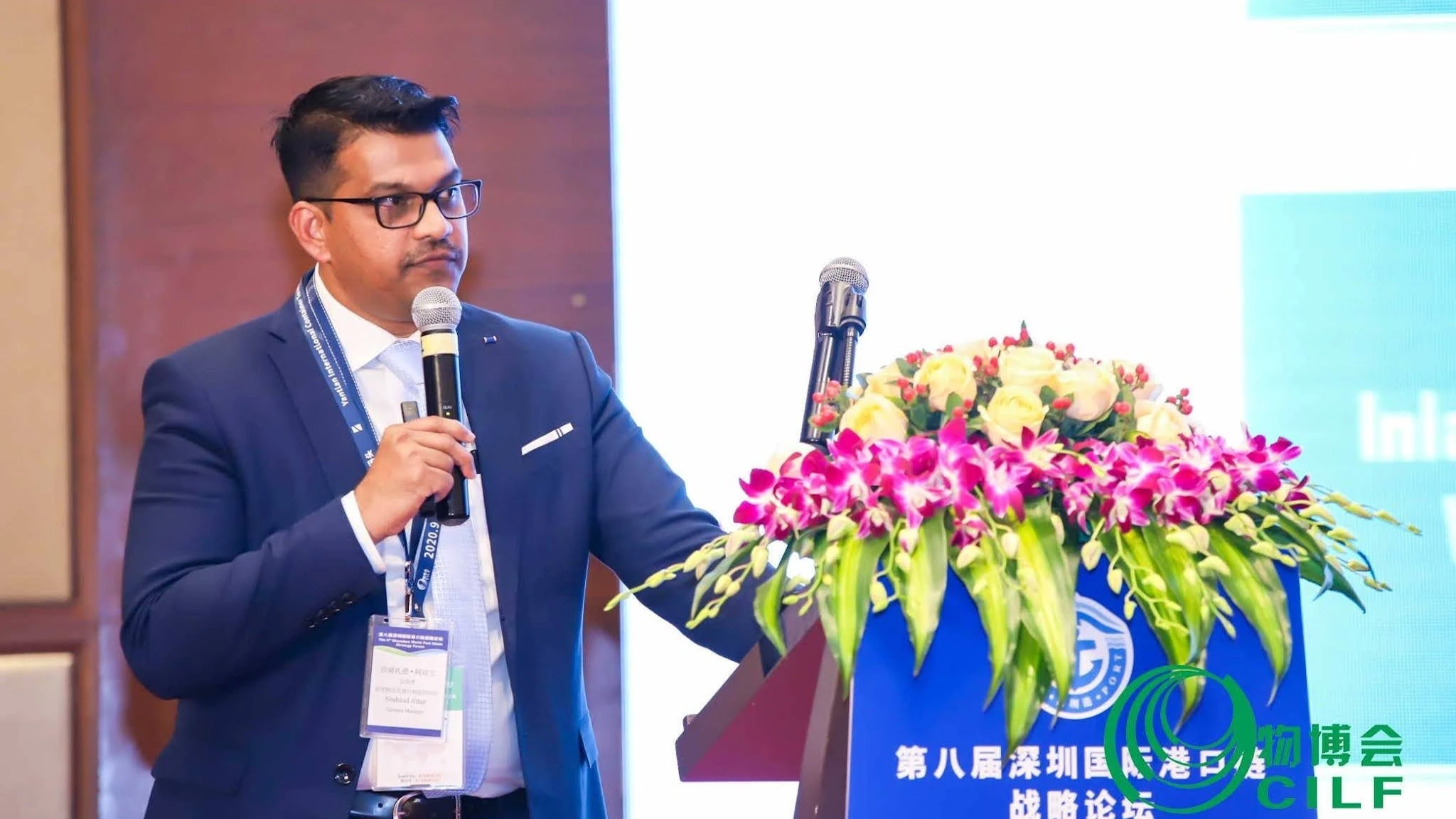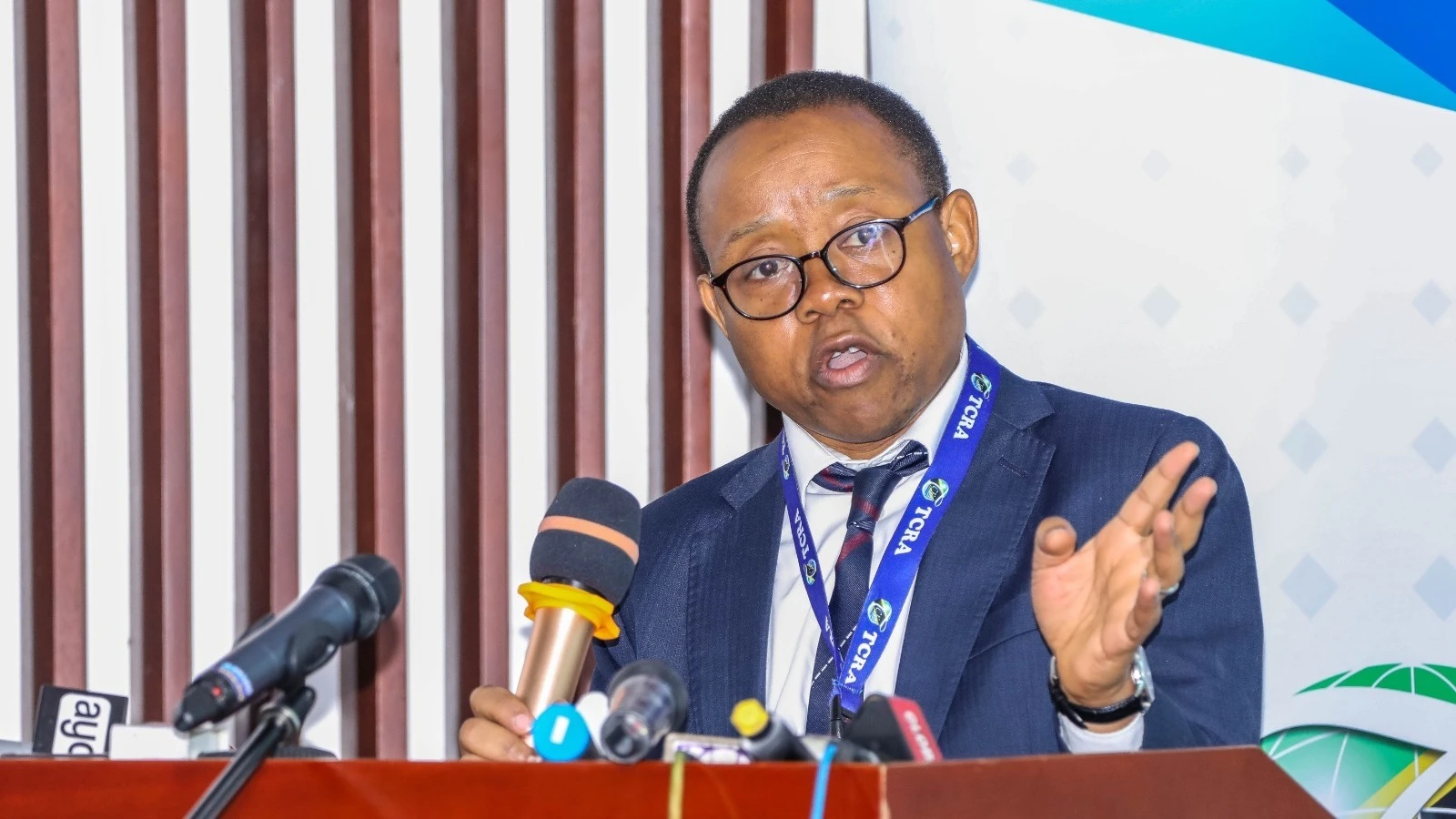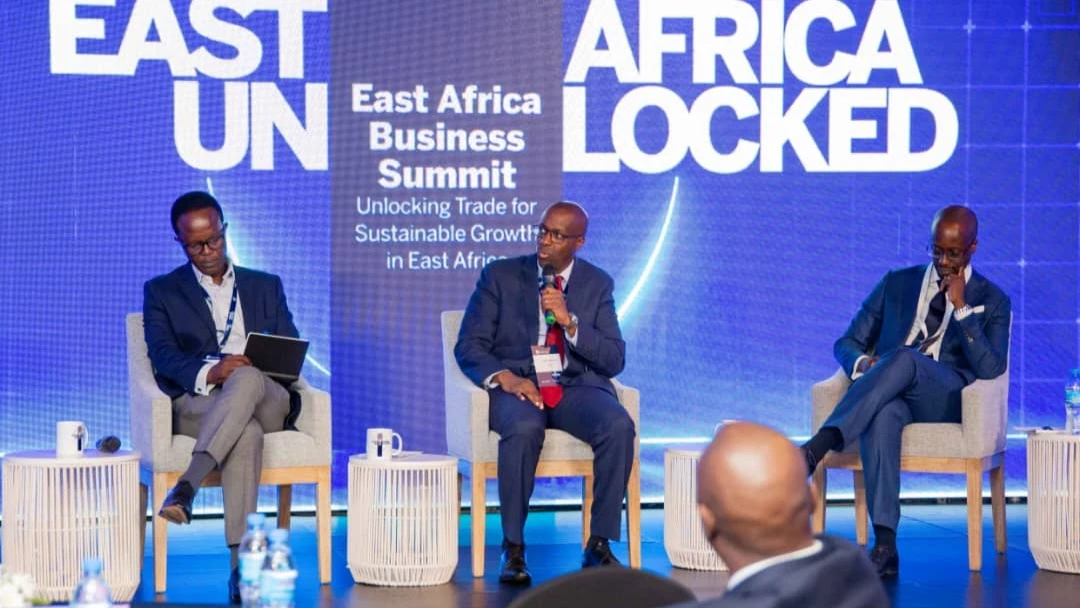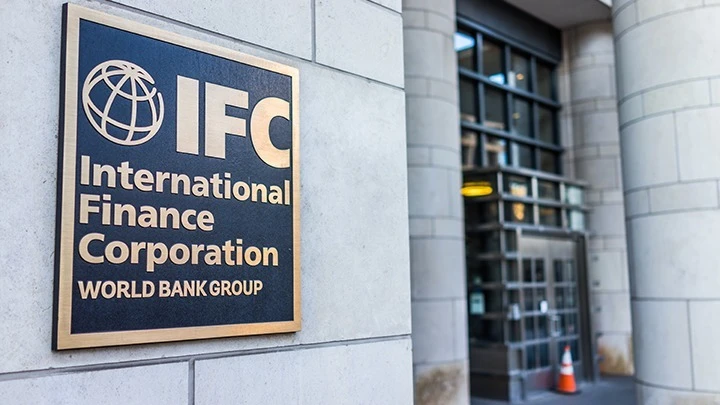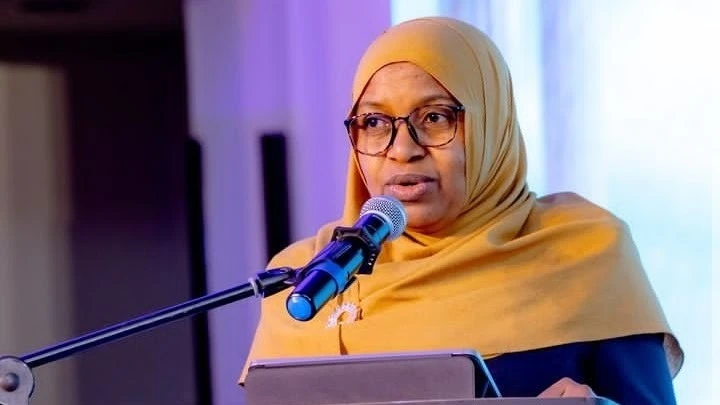Off-grid solar provides ways to bridge electricity gap, says World Bank study
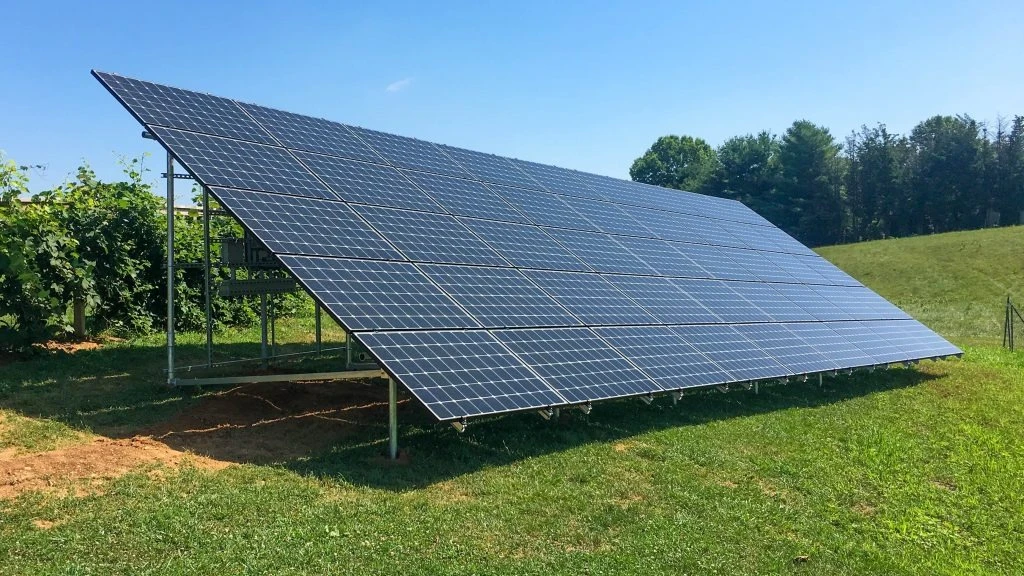
OFF-grid solar solutions provide the most effective pathways to bridge electricity gap in the world, the World Bank said yesterday in a report.
According to the 2024 Off-Grid Solar Market Trends Report, off-grid solar remains the most economical way to power nearly 400 million people worldwide without access to electricity.
"The sector already provided 55 percent of the new connections in sub-Saharan Africa between 2020 and 2022, where over 80 percent of the unelectrified population lives," says the report published by the World Bank's Energy Sector Management Assistance Programme and GOGLA, a global association for the off-grid solar industry.
The report was launched during the Global Off-Grid Solar Forum and Expo 2024, where over 1,500 high-profile delegates, including government officials and industry leaders, gathered for the three-day event from Tuesday, focusing on the future of energy access.
The findings indicate that currently about 685 million people around the world still do not have access to electricity.
According to the report, as of the end of 2023, more than 560 million people globally relied on grid solar solutions to power their households and commercial enterprises.
Qimiao Fan, World Bank country director for Kenya, Rwanda, Somalia and Uganda, said that providing access to affordable, clean electricity is critical for lifting people out of poverty on a livable planet.
Fan noted that off-grid solar will play a critical role in reaching households and accelerating electricity access for businesses, schools, and health centers, unlocking development across sectors.
Sarah Malm, executive director at GOGLA, said that the off-grid solar industry has shown tremendous resilience under challenging macroeconomic conditions.
Malm noted that $21billion is needed to create a financially sustainable off-grid solar sector that can serve the hardest to reach and help achieve energy access and climate goals.
Top Headlines
© 2024 IPPMEDIA.COM. ALL RIGHTS RESERVED








